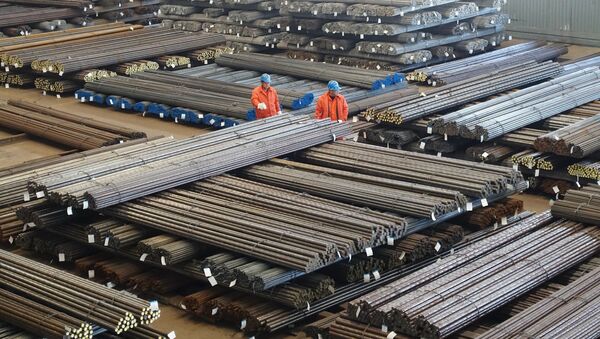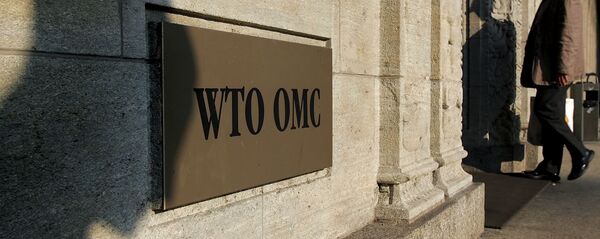Vietnam is set to slap tariffs on 16 Chinese steelmakers between 4.43 percent and 25.22 percent, the country's Ministry of Industry and Trade said in a statement on Wednesday.
The measures will be imposed on 16 steel firms due to reported "anti-dumping" measures, the statement read, citing a decision from the government.

28 December, the ministry said. China's alleged steel dumping practices could pose a "threat of significant damage" to Vietnam's steel industry, the statement added.
The total of cold rolled steel imports from the Chinese firms amounted to 272,073 tonnes, or 65.5 percent of imports of the product into Vietnam, the statement read.
This increase is the main cause of negative impacts on the production and trading of similar goods by domestic enterprises. The domestic manufacturing industry is under threat of considerable damage, reflected in most indicators, especially those of profit, inventory and market share, it read.
But complications from the ongoing COVID-19 pandemic and further issues needing "clarification" limited the probe time limit, forcing the Ministry to issue a decision to extend the investigation and send questionnaires to Chinese steelmakers.
The news comes after the WTO ruled against the US in an ongoing trade dispute with Beijing, stating Washington's imposed tariffs on mainland steel firms in 2018 breached global trade terms.
The US slapped 25 percent and 10 percent tariffs on roughly $200bn in Chinese steel and aluminium imports in 2018, respectively, citing unfair dumping practices.
Beijing dismissed the accusations and retaliated with reciprocal tariffs on US goods at the time.
Tit-for-tat measures between the two global powers spilled into the ongoing tech war, where the US Department of Commerce blacklisted Huawei Technologies, ZTE, and later, chipmaker SMIC, citing national security concerns.
Despite Phase One trade talks with Washington, relations soured further after US president Donald Trump accused China of starting the ongoing COVID-19 pandemic. Beijing has repeatedly and routinely its technologies are used to spy for Beijing, as well as any accusations it covered up or started the coronavirus pandemic.




